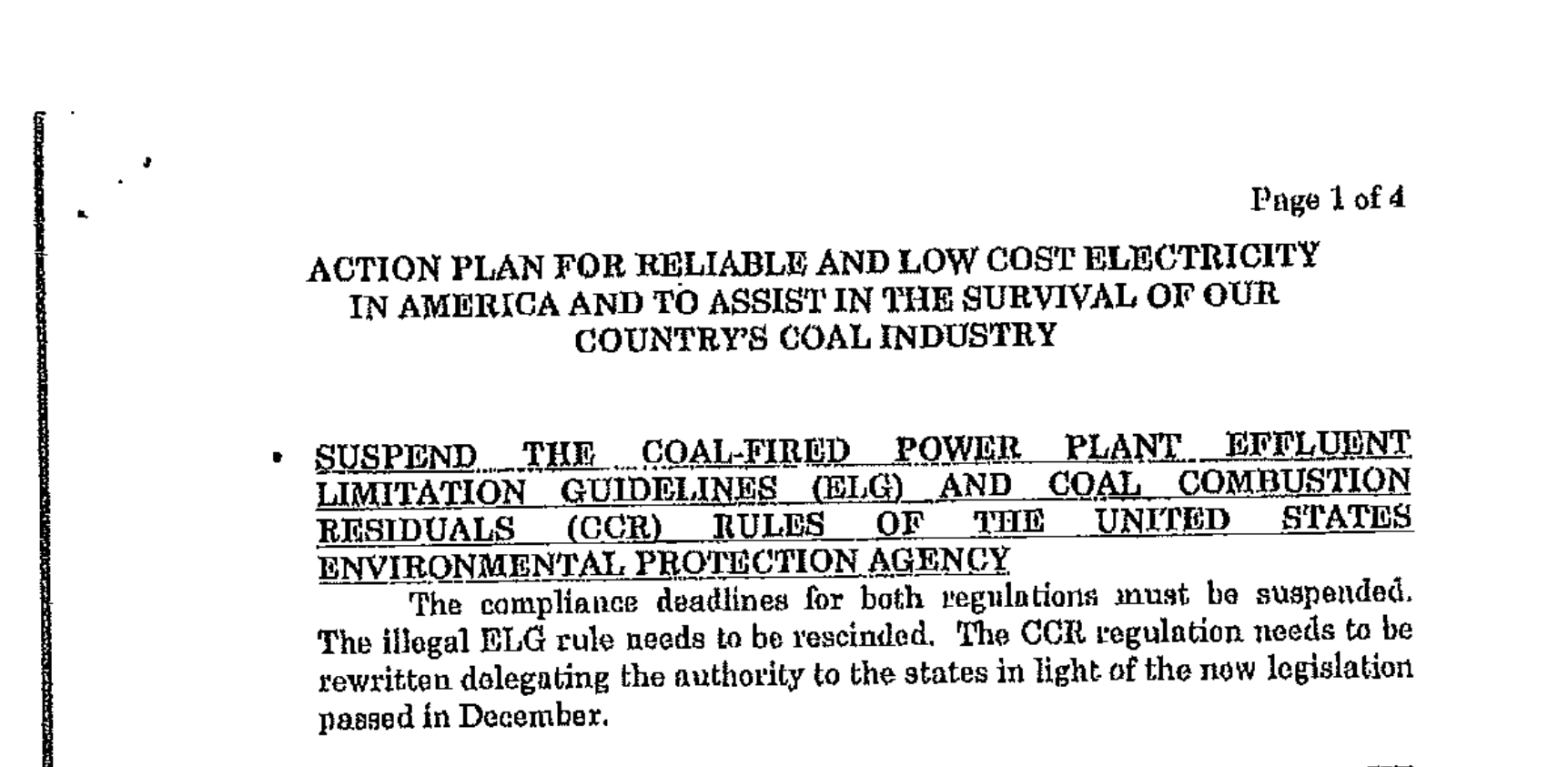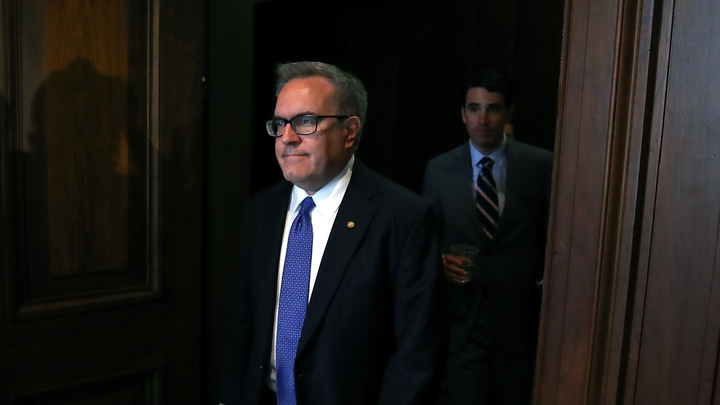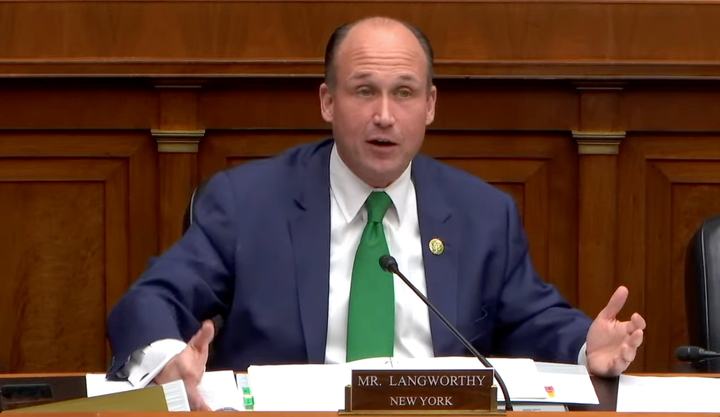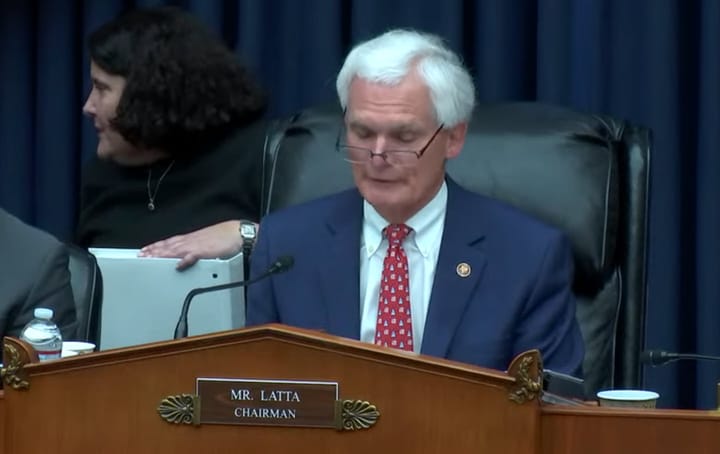In his first major action as the new head of the Environmental Protection Agency, Andrew Wheeler finalized a revision of coal ash disposal regulations on Wednesday, loosening guidelines put in place by the Obama administration and giving states more flexibility in how they govern the pollutant.
Under the revision, states will be allowed to suspend groundwater monitoring requirements, put in place by the Obama administration in 2015, if they don’t believe there is a risk of harmful byproducts from coal ash migrating into aquifers. The revision also allows existing coal ash ponds, including those within five feet of groundwater or in wetlands, to continue operating beyond a previously determined April 2019 deadline.
Environmental groups believe the revisions will lead to more pollutants in waterways and drinking water supplies.
“These rules will allow yet more tons of coal ash, containing toxics like arsenic and mercury, to be dumped into unlined leaking pits sitting in groundwater and next to rivers, lakes, and drinking water reservoirs,” said Frank Holleman, senior attorney at the Southern Environmental Law Center.
From 2009-2017, prior to joining the EPA, Andrew Wheeler was a lobbyist for Murray Energy, the largest privately owned coal company in the U.S., among other companies. During that time Wheeler lobbied the federal government in support of the deregulatory measures he just finalized at the EPA.
Documents obtained by E&E News using the Freedom of Information Act show that Wheeler worked in 2017 to arrange meetings between Murray Energy CEO Robert Murray and Secretary of Energy Rick Perry. At a meeting, which Wheeler attended, Murray presented Perry with a document outlining a deregulatory “action plan” that the company wanted to see implemented, including revisions to the 2015 coal ash rule.
The top item in the action plan called on the government to suspend the compliance deadlines for the coal ash rule (also known as the coal combustion residuals rule, or CCR) and to rewrite it to give states more authority over the regulations. Both of those proposals were implemented in the regulatory revision finalized by Wheeler this week.

In lobbying disclosures filed with the government, Wheeler reported lobbying in 2017 on behalf of Murray Energy as part of a contract with Faegre Baker Daniels Consulting worth $300,000 annually, but he did not report lobbying the Department of Energy despite the emails obtained by E&E News showing that he did.
In the EPA’s announcement of the final rule revision, the agency states that additional changes to the 2015 regulations will be addressed in a subsequent phase of rulemaking.
Holleman believes the EPA is taking these actions on behalf of the coal industry.
“The EPA is going backwards by granting the wishes of the lobbyists and the lawyers for the coal ash utilities, when neighborhoods and families want more protection from coal ash and coal ash pollution,” he said.
A request for comment with Wheeler’s office at the EPA was not immediately returned.



